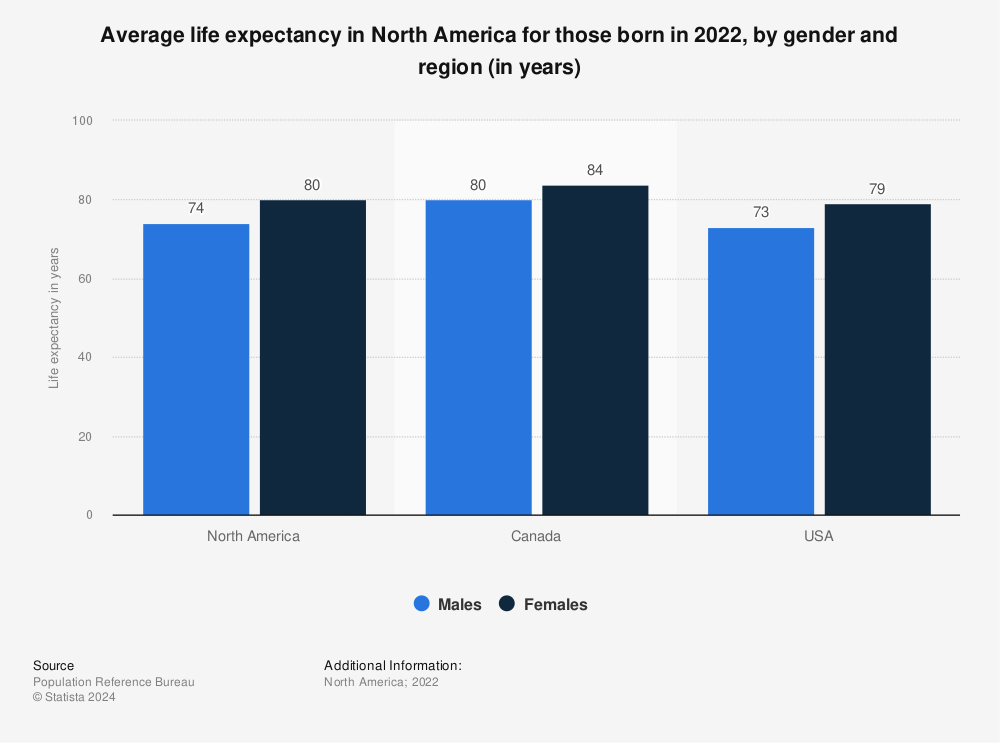Things That Once Were, And Are, And Always Will Be.
“The world is no longer divided into two hostile camps,” Bill Clinton declared in 1997, the year he championed NATO’s eastward enlargement. “Instead, now we are building bonds with nations that once were our adversaries.” (nytimes.com)
Dr. Wertheim is a historian and an analyst of U.S. foreign policy.
During his time in office, President Bill Clinton embraced the idea of a better, brighter future built on cooperation and alliances with other nations. He also advocated for a brighter future for senior citizens, signing several key pieces of legislation to benefit Social Security recipients, including:
- Senior Citizens’ Freedom to Work Act of 2000: Eliminated the Retirement Earnings Test (RET) for people aged 65–69 who reach their normal retirement age. This allowed recipients to keep their full Social Security benefits regardless of their earnings.
- Social Security Administration independence: Established the Social Security Administration as an independent agency in 1994.
- Personal Responsibility and Work Opportunity Reconciliation Act: Signed in 1996, this act terminated SSI eligibility for most non-citizens.
- Balanced Budget Act: Signed in 1997, this act restored SSI eligibility to certain non-citizens.
Times Are Changing: Has the Future of the Retiree Changed?
Less than twenty years later, what does the world look like? President Clinton may have been an adulterer, but he was certainly a diplomatic one! Conversely, today’s White House is occupied by his antithesis: President Donald J. Trump.
This new president has shown himself to be as diplomatic as a sledgehammer, with the social elegance and dignity of a wild bull and a hegemony that swept over the nation like a tsunami.
Is the Social Security Administration Threatened?
For those unfamiliar with the term Baby Boomer:
Baby Boomers are people born between 1946 and 1964, marking the sharp increase in birth rates following World War II.
Those of us lucky enough to have been born in this period and already retired will be joined by as many as 10,000 new retirees per year moving forward. In fact, 2024 saw the greatest increase in retirees for a single year so far.
INVESTOPEDIA, speculates that future retirees will not be able to retire because they will not have enough money to live on.
- Baby Boomers are retiring in large numbers.
- Many do not have enough saved for retirement.
- Beyond a lack of planning, a key reason Baby Boomers lack retirement savings is due to the 2008 financial crisis, as well as the chronic low interest rates since.1
Bureau of Labor Statistics. “The Recession of 2007-2009,” Page 17.
INVESTOPEDIA also doubts the efficacy of SSA, and questions its ability to continue to supply funds for retirees.
According to the Congressional Budget Office (CBO), the primary trust fund supporting Social Security is projected to run out by 2034. At that point, benefits could be cut by 23% unless legislative changes are enacted.
That has left many Americans concerned that Social Security will not last long enough for their retirement, and the effect of Trump’s proposals could add to those worries.
Dark Clouds Gather Over OASDI Funds
So why is the money running out?
Let’s take a look at the Social Security Act as it was originally drafted.
: The Social Security Act of 1935
In 1930, life expectancy at birth was only 58 for men and 62 for women, yet the retirement age was set at 65. In other words, nobody was supposed to live long enough to collect it!
With advancements in medicine, technology, and pharmacology, life expectancy continues to rise. For those born in 2022, the average life expectancy in North America is significantly higher than in 1935.
Average life expectancy in North America for those born in 2022, by gender and region(in years)
Find more statistics at Statista
A New Addition To The Depletion By Retirees:
As you know, the “Social Security Fairness Act: Windfall Elimination Provision (WEP) and Government Pension Offset (GPO)” went into effect in 2025. An ACT that will increase the benefits of more than three million people as well.
According to the Social Security Administration:
The amount monthly benefits may change can vary greatly. Depending on factors such as the type of Social Security benefit received and the amount of the person’s pension, some people’s benefits will increase very little while others may be eligible for over $1,000 more each month.
The ACT was invoked to support those employees whose benefits were reduced because they worked for government agencies, et al., that were not required SSA withholding.
- teachers, firefighters, and police officers in many states;
- federal employees covered by the Civil Service Retirement System; and
- people whose work had been covered by a foreign social security system.
OASDI — Contributions and Trust Funds
A person contributes to Social Security through payroll taxes or self-employment taxes under the Federal Insurance Contributions Act (FICA) or the Self-Employment Contributions Act (SECA). Employers match the employee contribution, while self-employed workers pay an amount equal to the combined employer-employee contributions.
Taxes are allocated to three trust funds:
- Old-Age and Survivors Insurance (OASI)
- Disability Insurance (DI)
- Medicare Hospital Insurance (HI)
Revenue received from FICA and SECA payments is transferred to the U.S. Treasury. Excess revenue is used to purchase special interest-bearing Treasury bonds, which remain assets of the trust funds until needed to cover Social Security costs.
It’s Not Only Retirees Depleting the Funds
Social Security funds are not strictly reserved for seniors and retirees. Many disability claims also draw from these funds. In December 2021, 9,243,999 people were receiving Social Security disability benefits, with the average benefit at approximately $1,700 per month. (See Charts)
While many of these recipients are genuinely in need, there are undoubtedly many who exploit the system, i.e., those whom I know personally that, despite dubious claims of disability, have collected benefits for decades.
Things that once were, and are, and always will be:
Jesus Christ is quoted from the Christian Bible as saying: “The poor will be with you always.” In other words, there will always be someone with their hand out, someone in need, and there is no evidence that the current administration will resolve the problem?
The takes for Social Security
(https://www.kiplinger.com/politics/trump-on-social-security-and-medicare)
Social Security is the government’s biggest budget item and largest program, accounting for $1.46 trillion in 2024. Of that amount, 3.8% was funded by income taxes on Social Security benefits, while 91.3% was from payroll tax contributions and reimbursements from the General Fund of the Treasury. The program covered 71.6 million workers, according to the latest facts and figures about Social Security, 2024.
Predicting when Social Security’s trust fund will be exhausted is not an exact science. According to the Social Security Board of Trustees’ May 2024 report, the trust fund will be insolvent in November 2035, one year later than previously projected.
However, a more recent report from the Congressional Budget Office (CBO) projected that Social Security would run out of money in 2033. Although Social Security would still exist after that time, retirees would likely only receive a smaller percentage, thought to be around 79%, of their full benefits unless congressional lawmakers adopt changes before then. Tactics they may take might involve increasing Social Security payroll tax and trimming benefits.
(By: Kathryn Pomroy; last updated in Features
What Lies Ahead?
For those of us already well into retirement, does this mean we should expect a 25% cut to our benefits? And for those still looking forward to retirement, will they even have one?
In November 2024, Business Insider reported that former President Donald Trump proposed cutting taxes on Social Security benefits during his upcoming term. While this move could initially benefit baby boomers by increasing their monthly checks, financial experts warn it might accelerate the depletion of the Social Security fund, potentially leading to significant benefit reductions for younger generations.
We live in volatile times, and we are at the mercy of a political conflagration of unprecedented proportions. The future of Social Security remains uncertain—and those of us relying on it have every reason to be concerned.
Share This Story:
Leave A Comment
You must be logged in to post a comment.












